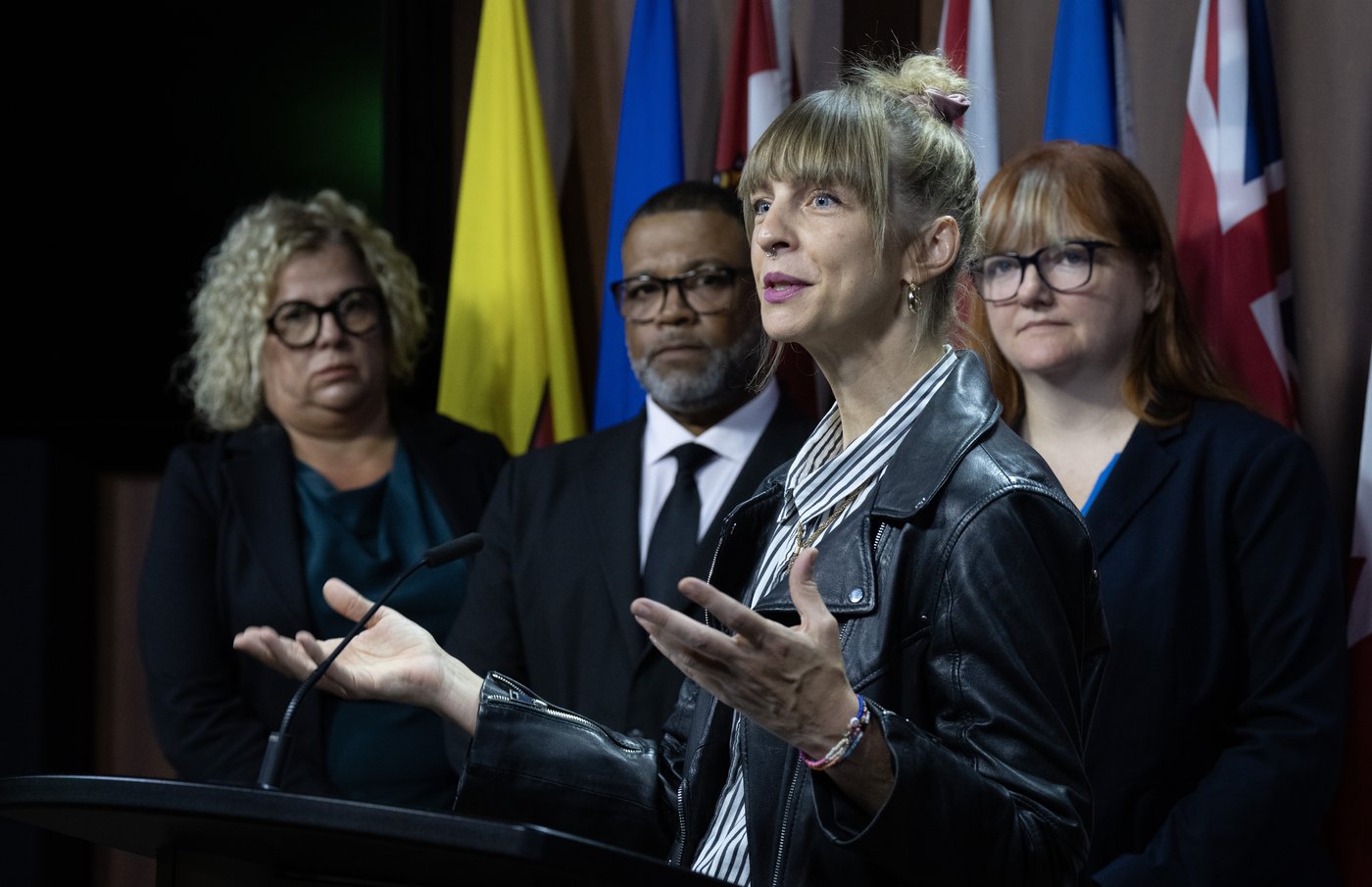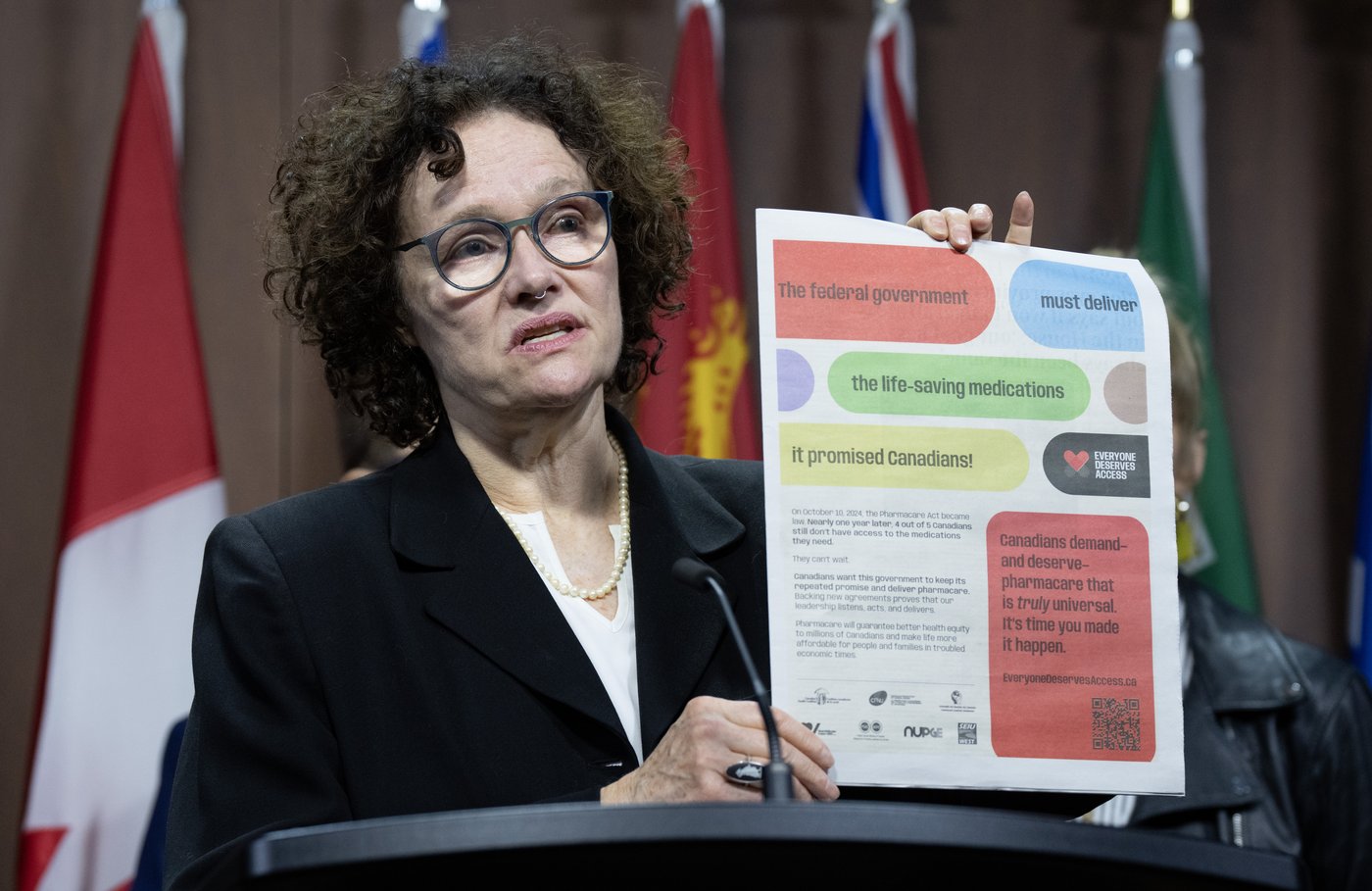Elevate your local knowledge
Sign up for the iNFOnews newsletter today!
[byline]

OTTAWA — Health care advocates say they’re worried the Liberal government will backtrack on its promise to create a universal, single-payer pharmacare program.
Frédérique Chabot, executive director of Action Canada for Sexual Health and Rights, said conversations with government officials lead her to believe Ottawa is “seriously considering” a different approach that would instead provide coverage to people without private insurance.
“A fill-the-gap approach is not a good investment for Canadians, and it’s not a solution that will actually improve health outcomes in the way that real universal, single-payer pharmacare will do,” she said.
A 2019 expert panel recommended the creation of a universal, single-payer program that would see the federal government cover the cost of medications through the medicare system.
The C.D. Howe Institute think tank released a report of its own last week calling on Ottawa to instead consider a mixed model, similar to the one in Quebec, that would provide government coverage for people without private insurance.
The report suggested such a model would be a more feasible option for a government whose fiscal priorities have shifted.
The Office of the Parliamentary Budget Officer projected in 2023 that a full universal, single-payer program would cost around $39 billion in 2027-28 — an estimated $13.4 billion more than the cost to the federal government under the current system for drug payments and other funding.
Chabot was one of several advocates who held a press conference on Parliament Hill on Monday — the same day they launched an ad campaign targeted at elected officials pushing for action on pharmacare.
Jason MacLean, chair of the Canadian Health Coalition, said Prime Minister Mark Carney and his government have been sending mixed messages on the file since the April election.
“We were sidetracked with the ‘elbows up’ and everything that’s going on with tariffs,” he said, adding that pharmacare was promised by “the majority of the Liberal MPs that are there right now.”
The Pharmacare Act was passed last October by the minority Liberal government as part of its supply-and-confidence agreement with the NDP.
Interim NDP leader Don Davies, who was the party’s health critic in the last Parliament and very closely involved in those negotiations, said there’s a reason the law doesn’t include any firm commitments or timelines for universal pharmacare.
“The Liberals refused then, and refuse to this day, to commit to universal public pharmacare. They continue to keep open the possibility of having a U.S.-style private-public patchwork system,” he said.
The law’s first phase said Ottawa must negotiate with provinces and territories to cover the cost of birth control and some diabetes medications.
Pharmacare deals have been struck with B.C., Manitoba, P.E.I. and the Yukon, but further talks stalled with the launch of the election campaign in the spring. Those four agreements account for more than 60 per cent of the $1.5 billion set aside for pharmacare in the last budget.
The re-elected Liberals have pledged to pour billions of dollars into national defence and launch a review of other government spending as Canada deals with the impact of a trade war with the United States.
Health Minister Marjorie Michel and Carney’s office declined to commit to signing more pharmacare deals over the summer, and promised only to protect what was in place.
Davies said the government’s handling of the file in recent months has been slow and confusing, and said failing to negotiate new deals would amount to “violating the law they passed.”
Earlier this month, the prime minister told reporters at a press conference in Edmonton that the remaining deals will be signed “as quickly and equitably as possible.”
“Mixed messages only create confusion and mistrust. Canadians deserve clarity on what is being negotiated and what it means for them,” MacLean said.
The law requires the national drug agency to develop a list of essential drugs for a national formulary and to work on a national bulk-purchasing strategy to bring prices down.
Olivier Surprenant, an analyst with the Quebec-based Coalition solidarité santé, said Quebec’s drug insurance program is increasingly expensive and the mixed model creates inequities for patients.
He also said U.S. President Donald Trump’s threats of pharmaceutical tariffs make it all the more important for provinces and territories to work together to purchase medications.
The Pharmacare Act also called for the creation of an expert committee to study the best way to create a universal program. That committee is set to report to Michel by Oct. 10, and the report is to be made public.
MacLean said the Canadian Health Coalition wants to see action on the file in the upcoming federal budget, and he urged the government not to “cave to corporate pressure” from the pharmaceutical and insurance industries, which he called “bad actors in this debate, putting profits ahead of people.”
Davies said New Democrats will keep pushing the government from within Parliament, but his read on the Liberals’ plan is less than optimistic.
“I think Prime Minister Carney has been fairly unequivocal that he will not expand pharmacare,” he said.
This report by The Canadian Press was first published Sept. 22, 2025.

Want to share your thoughts, add context, or connect with others in your community?
You must be logged in to post a comment.